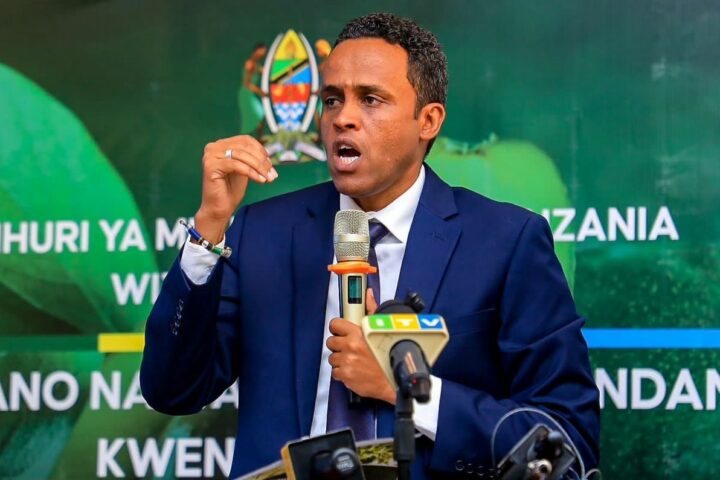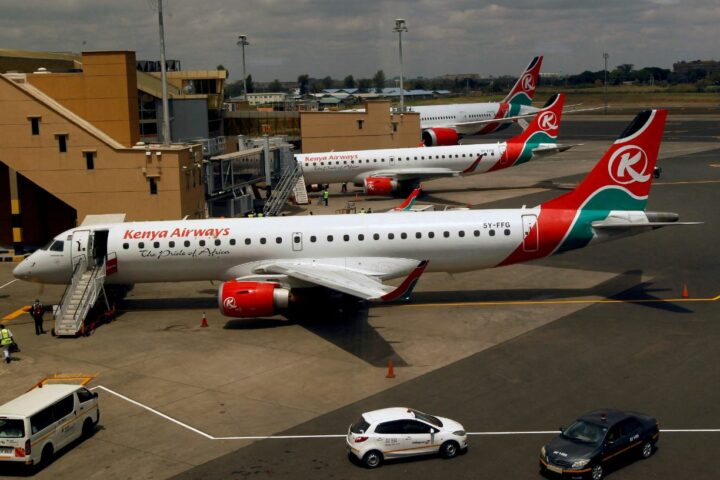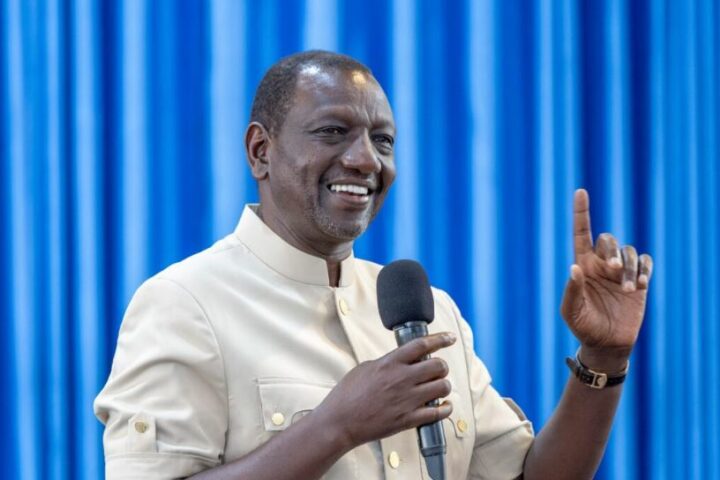
The Communications Authority of Kenya has noted with concern, misleading reports published in some local media that the International Telecommunication Union (ITU) had allowed some African countries to extend their digital migration deadlines beyond the 17th June, 2015.
These reports are not only erroneous but are misleading as the perpetrators have not produced any evidence of such an action by ITU. In any case, the procedure for amending Geneva 2006 (GE-06) Agreement is very well laid out. An amendment to the GE-06, which set the digital migration deadlines, cannot be undertaken unless it is done through a conference involving all the countries that signed the GE-06 Agreement.
The Communications Authority of Kenya would like clarify on the deadline as per the
GE-06 as follows:
1. Application of the Agreement
a) The Geneva 2006 (GE-06) Agreement came into force on 17th June, 2007. The Agreement set the digital migration deadline of 17th June, 2015 except for those countries that requested for extension in the VHF band.
b) During the Regional Radio Conference of 2006 (RRC-06), some countries made specific requests for an extension of the deadline to 17th June, 2020 but only in the VHF Band (174-230 MHz) since most of their TV stations were operating in the VHF (as opposed to UHF) frequency band. Other countries not present at the conference, agreed to the extended deadline by virtue of their non-response to the ITU within 90 days of the conference on their intention to select the 17 June, 2015 deadline. The countries were listed as part of the agreement in a footnote.
The affected countries were as follows:
Algeria, Burkina Faso, Cameroon, Congo, Côte d’Ivoire, Egypt, Gabon, Ghana, Guinea, Iran, Jordan, Mali, Morocco, Mauritania, Nigeria, Syrian Arab Republic, Sudan, Chad, Togo, Tunisia, Yemen,Benin, Central African Republic, Eritrea, Ethiopia, Guinea-Bissau, Equatorial Guinea, Liberia, Madagascar, Niger, Democratic Republic of Congo, Sao Tome and Principe, Sierra Leone, and Somalia.
c) All requests for extension of the deadline for the VHF Band were made 9 years ago by the member countries present at the RRC-06. Kenya attended the meeting and did not make any such request. Those countries that did not attend the conference had 90 days to make the request. This did not apply to Kenya.
2. Procedure for Revision of the GE-06 Agreement
The GE-06 (Article 11) is clear that no revision of the Agreement shall be undertaken except by a competent regional radiocommunication conference convened in accordance with the procedure laid down in the Constitution and Convention of the ITU.
This conference can only take place on condition that all the Member States in the Planning Area (ITU Region 1) are invited. The Planning Area consists of Africa, Western and Eastern Europe, the Arab States and the Islamic Republic of Iran.
As a Member State of the ITU, Kenya is not aware of any meeting that has been convened by the ITU in accordance with the laid down procedures to amend the digital migration deadlines.
3. Decision of the Supreme Court of Kenya on the Digital Migration deadline
The Supreme Court, in its decision of 13th February 2015, directed that the analogue switch-off timelines remain as scheduled by the Communications Authority of Kenya following consultation with stakeholders.
4. Misleading information on Digital Migration
The Authority would like to caution Kenyans to disregard the misleading and untrue reports that are clearly targeted at creating confusion and sabotaging the digital migration process.
The Authority equally cautions media houses media houses propagating lies on digital migration to stop forthwith and join other Kenyans in working together to ensure the benefits that digital TV brings is enjoyed by all.
Lastly, the Communications Authority of Kenya thanks all those who have been supportive of the national efforts to migrate the country to digital TV by the set deadline. We believe that the analogue to digital migration of TV broadcasting will foster media pluralism by enabling the broadcasting of more channels with a wider range of programming. Viewers will be able to receive more diverse information and opinions as opposed to the situation where majority of Kenyans were confined to a few TV stations with very predictable programming.
Francis Wangusi,MBS
Director-General
Communications Authority of Kenya






